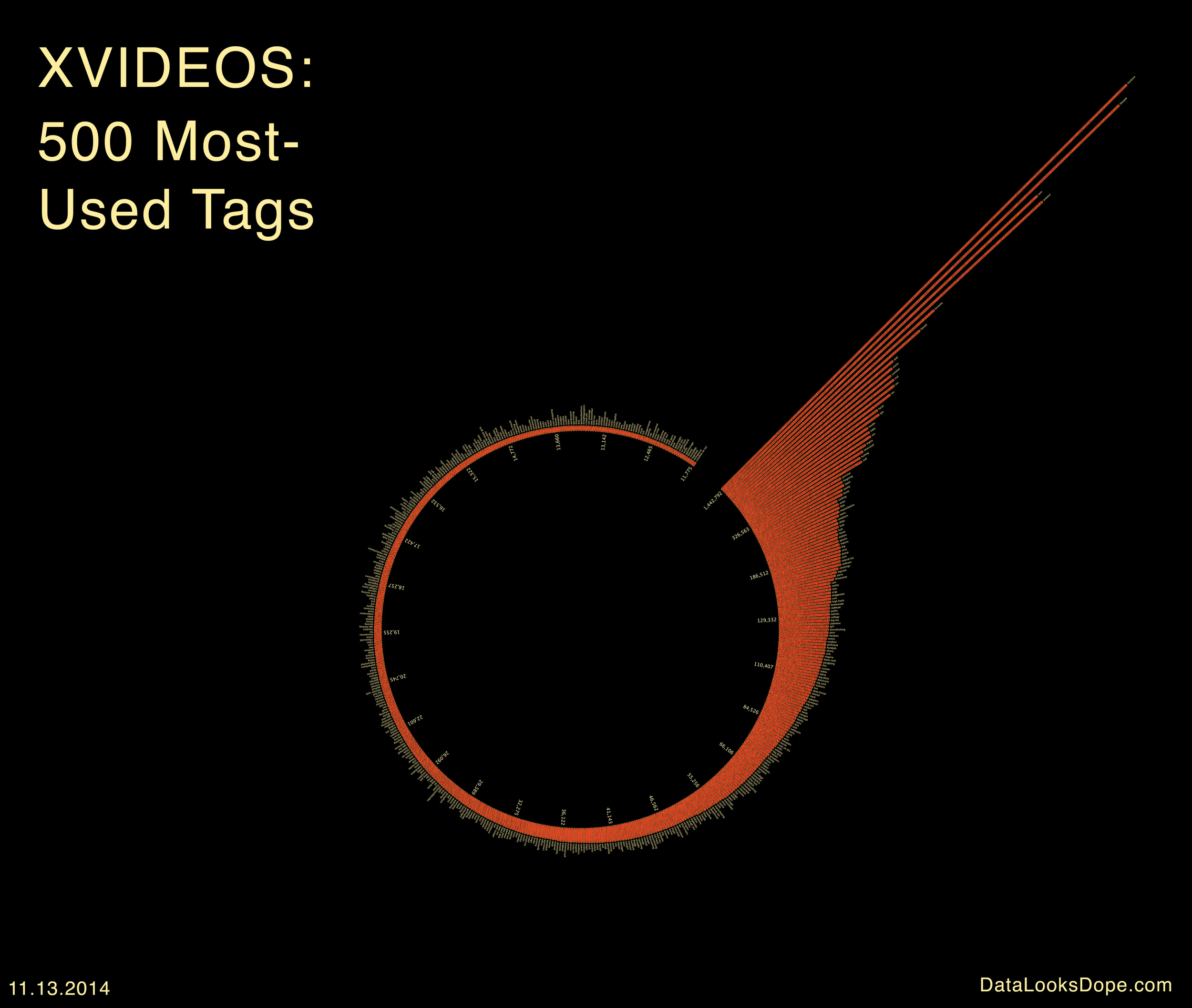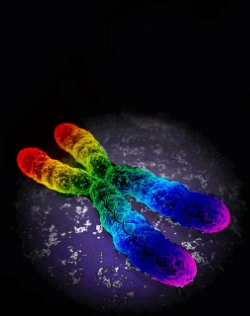TRIGGER WARNING: sexual violence.
Hit Me Baby, One More Time: Slapping, Spitting, Name-Calling and Other Sex Preferences I Feel Guilty About by Emily McCombs [check out more about Emily here]
I might prefer that my big controversial sex preferences involved whipped cream or whatever instead of wanting to be slapped in the face during intercourse, but that is not the hand I was dealt.
I feel bad about my BangBus.
Not while I'm actually watching it. Sexual arousal doesn't leave a lot of room for ambivalence and who stops masturbating to ponder the political implications of what they're getting off to? I can barely stop masturbating if someone else comes in the room, much less to make way for niggling feminist guilt.
But occasionally, when someone asks me if I watch porn, I feel embarassed to say that the only porn I regularly watch is founded on the (scripted) premise that a bunch of dudes are driving around in a van coercing women into having sex on camera with the promise of cash, before dumping them by the side of the road, shouting insults as they peel away.
Yep, that's what my vagina's into.
She unfortunately doesn't consult me much on what turns her on, and she never checks the current political climate, or she definitely would NOT be aroused by all the degrading, violent stuff she has shown a marked interest in over the years. I'm starting to feel weird about personifying my vagina in this way, so I'm going to shift gears.
I consider myself to err on the side of sexual submission. I have never been into the performative aspects of it all -- I am not some weird sex LARPer who wants to wear costumes and address each other as "Master" and "Slave." I don't want to go to special events, I shouldn't have to wear pleather just to get it done, and I don't want to "play." I want to have weird sex with weird people who like weird things, like an adult.
Some of those weird things that I like include: rough breast play including slapping, clothespins and ropes; name-calling of the slut-bitch-whore variety; forced deepthroating; facials; "Daddy" talk; rape play; spanking; dirty talk; hair-pulling; group sex; anal; and basically anything else filthy/nasty/taboo/found in your average pornographic video. Also, and here's the stuff that's more for special occasions and that I don't want to admit on a site for ladies: being slapped, being spit on, being choked, being urinated on.
Does that sound like a list of nightmares to you? To me it sounds like a delightful Tuesday evening.
I don't begrudge anyone their role as captain of their own sexual steamship. Desire is complicated and tricky to regulate -- I don't think I could stop being turned on by being treated "badly" any easier than a gay man could suddenly start being attracted to women. I might prefer that my big controversial sex preferences involved whipped cream or whatever instead of wanting to be slapped in the face during intercourse, but that is not the hand I was dealt.
A lot of factors go into the creation of a fetish, just as they do our non-sexual preferences. One of mine is almost certainly trauma. I wish this is something they had told me about rape: that afterward, your brain will try to work out what happened in bizarre, repetitive ways, which may include recreation of the trauma in your fantasies and life. I don't really understand it intellectually, but apparently my brain and heart think they can make things turn out differently this time, somehow reverse the past by taking control of what was once a powerless scenario.
You don't have to have been raped to have fetishes like mine. In fact, I liked a lot of this stuff before the traumatic event. But it's certainly an angle that seems to go unmentioned by those who think admitting that some women have rape fantasies is in some way encouraging men to rape. Are we willing to tell women how they should process their own experiences?
Recently I did a consulting job in which the state of modern sexuality was a major topic of discussion. We were given a presentation from a nervous young PR consultant whose main thesis was that pornography has damaged the state of gender relations irrevocably, that women now feel they can't measure up to the paid actresses and men's desires have been warped by repeated exposure.
"How can men and women be truly equal in a world in which men want to cum on women's faces?" he asked.
These issues are certainly real, but the idea that men consume porn and women are damaged by it seems too rigid to me. We'd all do well to remember that the actors and actresses in films are getting paid to do things that even they might not engage in in real life. I'll do a lot of shit for money I wouldn't do for fun. In reality, not all men want to cum on a woman's face, and a lot of women like having their faces cum on. (Just picture me doing that two thumbs "This guy" gesture right now.)
We all, male and female, live in a world where a wider range of sexual activity is visible and accessible to us. As long as we keep consent, respect and common courtesy top of mind, that fact in itself doesn't have to hurt anybody.
If you don't have fantasies like mine, I can understand the impulse to want to erase them from the world. But women like me and all the other straight freaks in this world stubbornly refuse to be erased. Sex is too important, too essential a life process, to spend our lives faking it. Anybody who thinks I, personally, am going to spend the rest of my life being sweetly made love to while I cry tears of sheer, uncut BOREDOM is out of their freaking minds.
Sometimes I hear women say that by engaging in "politically incorrect" sex, we are sending a message to men that all women want to be treated in such a manner. But consensual sexual activity, even if it resembles some non consensual sexual activity, isn't rape any more than movie murder is real murder. And while some people certainly think we should eliminate movie violence lest it drive the easily influenced to commit violent acts, we're not talking about movies here. We're talking about people. And you can't eliminate people or ask them to eliminate parts of themselves, no matter how messy or unappealing their desires may seem to you.
Since we can't erase reality, we better start dealing in nuance.
Getting slapped and called a slut because it turns me on and I've asked for it is not abuse. The men who want to do that are not abusers; in fact a lot of them are some of the nicest and most respectful men I've met outside of the bedroom. Rape play and rape are never going to be the same thing. And pretending that the two are similar is actually way more confusing and dangerous than clearly differentiating them.
If our men truly can't tell the difference between hurting, abusing and degrading a woman, and participating in consensual play utilizing some of these elements, then the problem lies with them and sexual education in our society, not with those temptingly rape-able women who enjoy rough play.
If you are still confused, consider this: After we're done, when I'm spent from being used, being told I'm a filthy whore as you hold me down or toss me around or hit me if those are the boundaries we've agreed upon, when I'm covered in saliva and sweat and bodily fluids, look at my face. I will be smiling.
That's the difference.















